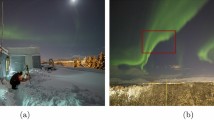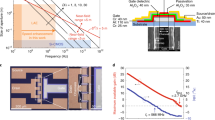Abstract
PLANS for the setting up of a Baker-Schmidt telescope on the site of the Boyden Station of the Harvard Observatory, Bloemfontein, South Africa, are now complete. It will be the first instrument of its kind in the world, and will also be a noteworthy example of inter-country international co-operation. The instrument will be operated jointly by the Armagh Observatory, Northern Ireland ; the Dun-sink Observatory, Dublin, Eire ; and the Harvard Observatory, Cambridge, U.S.A. It will be known as the Armagh-Dunsink-Harvard Telescope. The Governments of Northern Ireland and of Eire have each promised to contribute £5,000 towards the cost of the new instrument, and Harvard Observatory will provide the rest of the funds. Harvard will also provide appropriate caretaking and maintenance service, the necessary power and light for the proper operation of the instrument, and access to library and dark-rooms for all observers. The observing time with the instrument will, however, be shared equally by all three Observatories.
This is a preview of subscription content, access via your institution
Access options
Subscribe to this journal
Receive 51 print issues and online access
$199.00 per year
only $3.90 per issue
Buy this article
- Purchase on SpringerLink
- Instant access to the full article PDF.
USD 39.95
Prices may be subject to local taxes which are calculated during checkout
Similar content being viewed by others
Author information
Authors and Affiliations
Rights and permissions
About this article
Cite this article
LINDSAY, E. AN ARMAGH-DUNSINK-HARVARD TELESCOPE. Nature 159, 324–325 (1947). https://doi.org/10.1038/159324a0
Issue date:
DOI: https://doi.org/10.1038/159324a0



